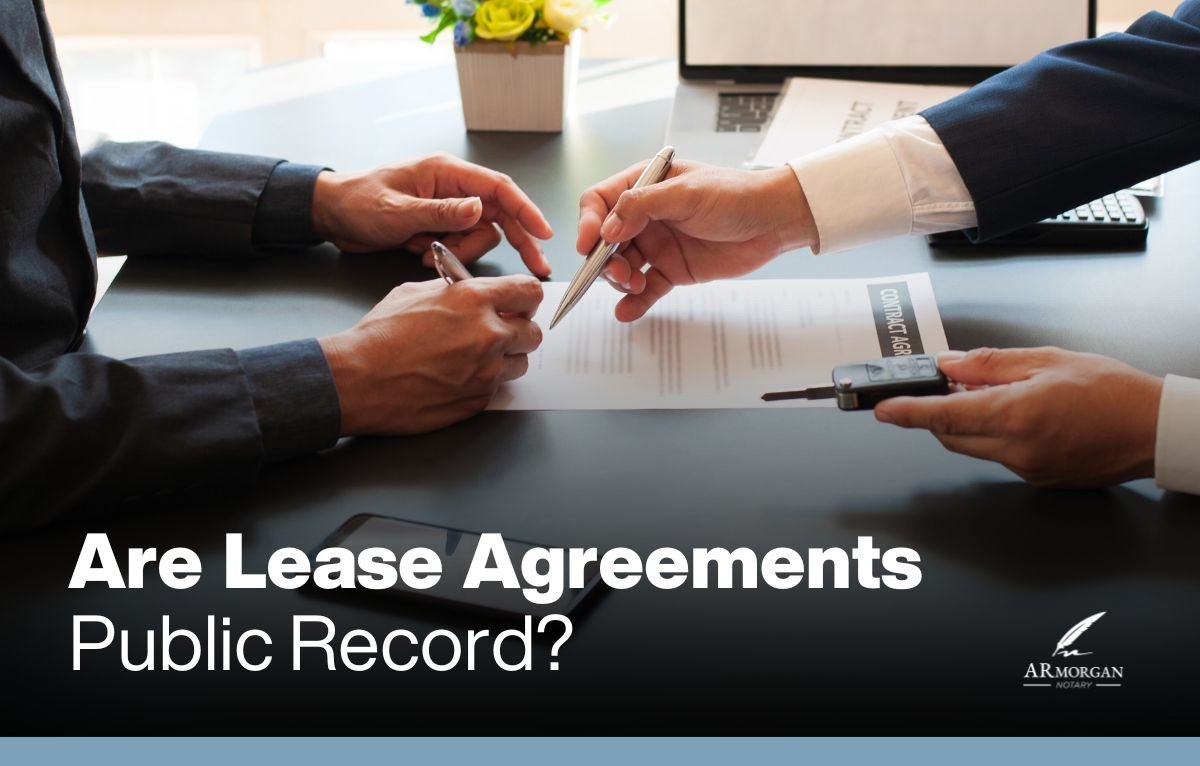How Long Should a Tenant Keep Old Lease Agreements?

Why It's Important to Keep Lease Agreements
- Security Deposit Disputes: Lease terms help resolve conflicts over deposit withholdings. Keeping the document supports your claim if there’s a disagreement over deductions.
- Legal Protections: In cases involving claims of unpaid rent or damages, having a signed lease agreement on file provides legal protection and may serve as crucial evidence in court.
- Residency Proof: You might be required to show proof of past residence for government forms, loan applications, or insurance documentation. Lease agreements offer verified and dated information.
- Tax Deductions: If you claimed rental expenses or a home office on your tax return, the IRS might request documentation years later. Keeping a lease agreement supports these deductions.
Recommended Duration for Retaining Lease Documents
- Statute of Limitations: Most states allow legal claims related to written contracts to be filed within 4 to 6 years. California, for example, permits legal actions for breach of written contracts within four years.
- IRS Requirements: The IRS typically recommends retaining documentation that supports your tax return for at least 3 to 7 years, especially in cases involving rental deductions.
- Best Practice: To cover all bases, tenants should keep lease agreements for at least seven years following the termination of a lease.
Other Essential Documents to Keep
- Inspection Checklists: These verify the property’s condition before and after tenancy.
- Rent and Deposit Receipts: Useful in tracking payments and deposit returns.
- Maintenance Requests and Communication Records: These can defend against false claims or support requests for repairs.
- Photos and Inspection Reports: Visual evidence of the unit’s state can be especially powerful in disputes.
Tips for Storing Lease Documents
- Digitize All Files: Scan physical documents and store them as PDFs.
- Use Secure Cloud Platforms: Choose reliable services like Google Drive or Dropbox with encryption features.
- Label Documents Clearly: Include the rental address and dates for quick reference.
- Keep Physical Copies Safe: Store them in a fireproof and waterproof container if you prefer paper backups.
When to Discard Old Lease Agreements
- Shred Physical Copies: Prevent identity theft.
- Permanently Delete Digital Files: Use secure deletion tools to eliminate recoverable data.
Conclusion
Lease agreements play a pivotal role long after a rental term ends.
So, how long should a tenant keep old lease agreements? Seven years is the standard recommended period, ensuring coverage for legal and financial purposes.
However, specific situations may call for longer retention, especially if disputes are ongoing or if lease terms relate to long-term deductions.
If you’re still wondering “Do I need to keep old lease agreements?”—the answer is yes, and understanding why can help you make smarter decisions when it comes to recordkeeping.
Knowing how long to keep these documents not only empowers tenants but also fosters good habits in organization and legal preparedness.
In a world where documentation can be the difference between clarity and confusion, keeping those records for a full seven years is a small effort with potentially large benefits.

